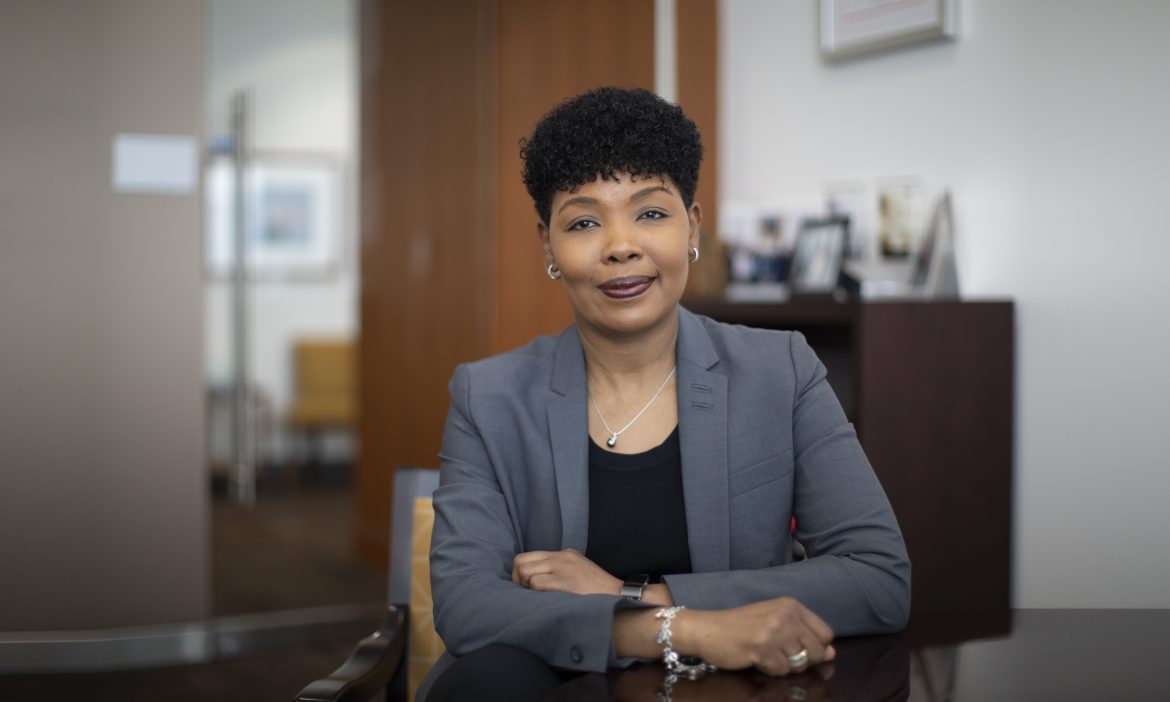Originally published in The Tennessean, June 2020
During my pediatric training, I sometimes witnessed children dying from severe illness or trauma. I will never forget those children, but what haunts my soul are the cries of their mothers.
I can recall the first time I heard a mother wail as her child passed away. I can only describe it as visceral. It was not borne of any emotion with which I was familiar. It came from a much deeper place. It came from her soul, and it connected with my own without words being said.
The hurt was so real and painful that, in that second, I closed my eyes and would have sworn it was my own son who died.
I heard that sound several times, and it never got easier. Each time, no matter the race or ethnicity of the mother, my heart and soul mourned her loss like it was my own son. So, I know firsthand that love and empathy transcend race.
A systemic problem
Sadly, in our society, justice and equity haven’t caught up. I heard those mothers’ cries as I watched the video capturing the last moments of George Floyd’s life.
During those eight minutes and 46 seconds, Mr. Floyd called out for his mother. Even though she was not even alive, I could still hear her visceral cry. Once again, I closed my eyes and thought it was my son losing his life. But this time, a severe illness didn’t bring about the unexpected death.
Not only did I hear Mr. Floyd’s cries and his mother’s cries, but millions of people across the country and around the world heard them, too. The loss of Mr. Floyd’s life, as well as those of Breonna Taylor, Ahmaud Arbery, Rayshard Brooks, and countless others who deserve recognition, are now a rallying cry to stop this needless pain and systemic racism.
Racism is more than our society’s greatest injustice — it is a threat to public health. A pregnant Black woman in this country is at higher risk of delivering prematurely just because she’s Black and in the United States. The stress for the Black population around circumstances such as Mr. Floyd’s death negatively impact health. And other minority groups face similar struggles.
A matter of urgency
We cannot miss this moment. We must expand our efforts to address social determinants of health to include the intertwined physical and emotional effects of racism. It should influence our outreach, compel us to re-examine what we mean when we talk about quality care for disparate populations, and shape our giving to causes that combat racism.
It is important that the health care system rebuild bridges of trust with minority populations and address all needs that create barriers to care. This is one reason why the efforts of social workers and behavioral health professionals are so vital. They are committed to meeting needs and facilitating healing. I would encourage anyone struggling to reach out to these professionals and not suffer in silence. I hope there will be more students who consider these important fields. Likewise, I will champion more scholarship opportunities to raise them up.
BlueCross has a mission to provide peace of mind through better health. There are minorities who don’t have peace, and that goes beyond the members we serve. It is true for me and others who work in this company. But the beauty of having a diverse workforce is that it compels us to find solutions that work for all of us. Recent events urgently require us to ensure our mission statement is a call to action against racism.
Mr. Floyd may be buried, but we can’t let his death be in vain. We can’t let this be a moment that fades into memory. We must make it a lasting movement.


 Dr. Willis ensures that all clinical initiatives and quality endeavors support the needs of our members, and contribute to the overall health and well-being of our communities.
Dr. Willis ensures that all clinical initiatives and quality endeavors support the needs of our members, and contribute to the overall health and well-being of our communities.